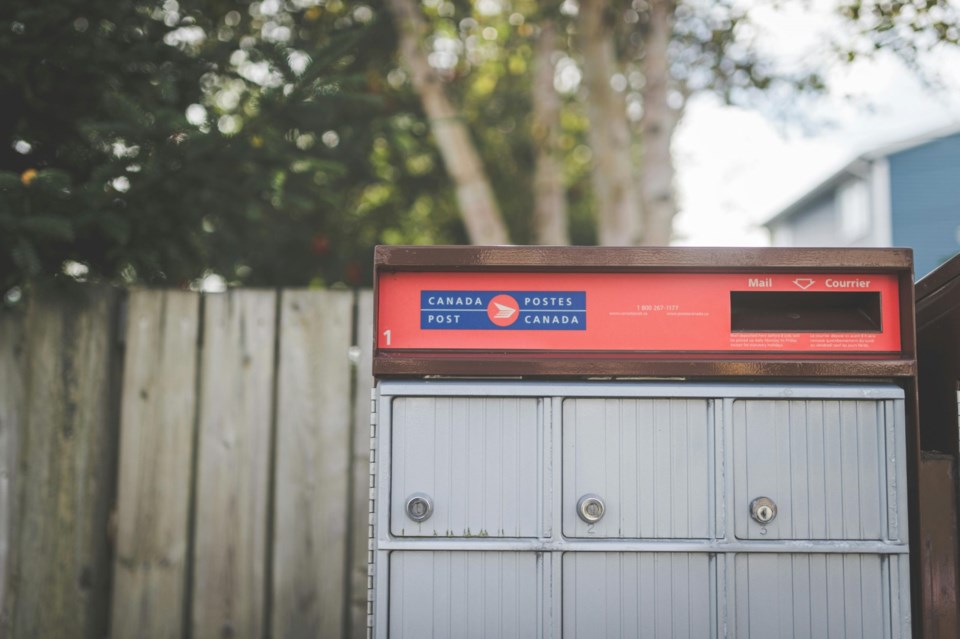Elections are the cornerstone of democracy. They give citizens an equal voice in choosing their government. This October, the people of Saskatchewan will get their chance to make that choice. At Elections Saskatchewan we believe ensuring every eligible voter has convenient and easy access to casting their ballot is fundamental to a free and fair election. For that very reason broadening access to the vote is the foundation of Elections Saskatchewan’s election modernization initiative built on our values of service, integrity and innovation.
So, what does modernization mean exactly? It means a more efficient, effective and inclusive electoral process for the benefit of voters, stakeholders and all those living in Saskatchewan. It means a system that is more sustainable, transparent and accountable. It means a system that uses technology to improve the voting experience while ensuring election integrity and improving voters’ access to the ballot.
Although we’re taking major strides in the upcoming election, the process of improving our voting system has and will continue to unfold in stages. A key factor has been the impact that a global pandemic had on the 2020 election. The challenge then was how to make voting easier and more convenient for people faced with the restrictions imposed due to the presence of COVID-19. To deal with that reality we introduced vote by mail. More than 56,000 Saskatchewan voters took advantage of that option. We also expanded the length of time that early voting locations were open.
In the upcoming election, we’re taking important next steps in removing barriers. Last month we launched our public campaign to raise awareness by emphasizing the importance of voter registration. Most voters will already be on the voter's list, but new residents and others voting for the first time can speed the process and save time at the voting locations by registering in advance.
We’re taking a further step by expanding the vote-by-mail option. We’re also formalizing “voting week” for the October 2024 election. What this means is instead of a specific election day with some limited advance polls, we’re instituting six full days of voting, expected to begin on October 22 and end on October 28.
The creation of voting week is a crucial step in acknowledging the need to place the voter at the centre of our system. By so doing we broaden voters’ access to the secret ballot, introducing multiple days, multiple places, and multiple methods of voting that offer greater convenience for eligible voters in choosing their leaders.
We’re also creating greater convenience for voters in both urban and rural constituencies. Aside from vote by mail, the introduction of voting week, which includes extended hours from 10 a.m. to 7 p.m .during the first five days, means greater convenience and access for voters. On the final day of voting, all voting locations will be open from 9 a.m. to 8 p.m. In rural Saskatchewan, we’re maintaining the 30-minute rule, which ensures no voter is more than a 30-minute drive from a voting location. Underpinning these changes will be the introduction of electronic poll books at voting stations in our urban centres. An electronic poll book is a laptop computer that contains the list of eligible voters. Barcode scanners linked to voter information cards will quickly identify people on the voting list when they arrive at the voting station. It will not only speed up the voting process by reducing paperwork but also provide political parties with real-time information on who has voted, assisting their “get-out-the-vote” efforts.
In 2023, three by-elections provided the opportunity to test our modernization measures in real time in real electoral circumstances. The results were uniformly positive.
At the same time, we have also worked closely with First Nations to ensure they have the information and resources necessary to identify and eliminate barriers that inhibit their participation in the democratic process.
Make no mistake, these changes are designed for one purpose - to strengthen public trust and integrity in our voting system through greater access, accountability, and transparency. We’re doing this by removing barriers and improving citizens' access to civic duty at the heart of our democracy.
To understand the importance of these changes, one needs only to look around the world at the erosion of public trust in the electoral process of many nations.
Saskatchewan’s democracy is strong. It reaches back more than a century and has proven its resilience over and over. We have had 29 general elections, some held in the most difficult of times. In 1917 and 1944, for example, Saskatchewan held its elections despite the sacrifices required by the two world wars. In 1934, the province held an election amid the Great Depression. And in 2020, our provincial election was held during the COVID-19 pandemic, before public vaccinations were available. Time and again, the people of Saskatchewan have exhibited an unusually strong commitment to governing themselves democratically.
At Elections Saskatchewan we not only recognize but honour this public commitment. It is why we are dedicated to upholding and strengthening the values that lie at the heart of Saskatchewan’s democracy.
Dr. Michael Boda has been chief electoral officer of Saskatchewan since 2012. For the past three decades, he has offered advice on electoral issues around the globe, including work in Jordan, Pakistan, Ghana, Scotland and the United States.




